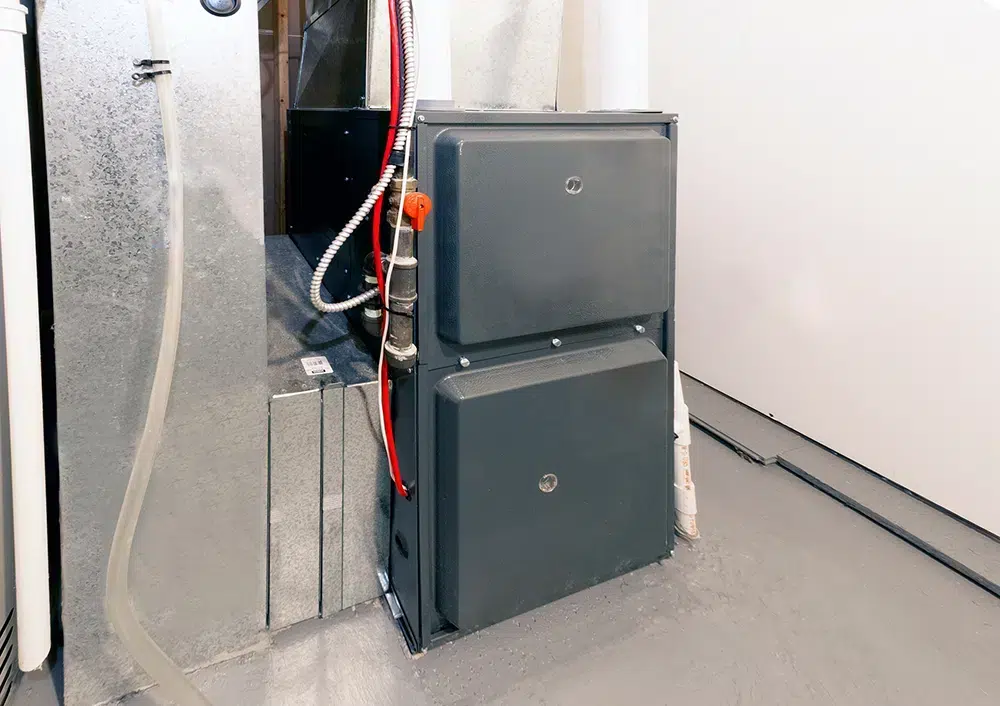
First Question: How is your Friendly G&C Heating Hold Out going – Have you turned on the heat, yet? Let us know on Facebook. If you are in the market for a new system, you might want to consider upgrading your fuel source – that stuff that feeds your heater. Here is some info to help.
Data source: U.S. DOE/EIA; Mass. Utility Filings, DOER SHOPP surveys
Making a Fuel Source Switch
It’s interesting that although New England is the oldest part of the country, there are still many areas that do not have access to natural gas. Heating oil continues to be one of the most popular forms of fuel even though it’s, how shall we say, WICKED EXPENSIVE. For some it’s simply a matter of using what is already there, but if you find yourself in a position to upgrade your home heating fuel source, and maybe even consider some renewable technologies, G&C can help.
“It’s a complex decision,” said Greg Sheck the Master Plumber at G&C Plumbing and Heating. “It’s something you have to consider long term because a heating option that seems less expensive in the short run can sometimes turn out to be very costly over time due to a fuel source hike. On the flip side, a heating system with a higher up-front cost can produce lower and more stable heating costs long term.”
Sheck suggests having an energy audit and then he can sit down with you to go over the results to help determine the best upgrade for your home.
Here is what Sheck will consider…
Factors Affecting Projected Heating Costs
The following is directly from the Mass.gov Energy and Environmental Affairs website’s 2015/2016 Projected Household Heating Costs
Natural Gas: Based on the utilities’ natural gas filings at the Department of Public Utilities (DPU). DOER estimates that the projected natural gas price this winter will average $11.90/MMBtu compared with $14.80/MMBtu last winter. However, ongoing natural gas pipeline constraints for delivering natural gas to New England customers could contribute to price volatility during periods of very cold temperatures.
Heating Oil: Lower heating oil prices reflect lower crude oil prices. The U.S. DOE estimates that the cost of Brent crude oil spot prices will average $52 per barrel this winter, a drop of about $13 per barrel (32 cents/gallon) lower than last winter.
Propane: Propane is also benefiting from lower crude oil and natural gas prices, as these are the fuels used to make propane. Additionally, supply issues that have occurred in past years such as the prolonged cold weather throughout the U.S. during the winter, or late season crop drying in the Midwest resulting in high usage of propane stores are not expected to reoccur, thus leading to lower price estimates for propane customers this winter.
Electricity: Based on filings by the Electric Distribution Companies with the DPU, basic service electricity prices for Massachusetts utilities will decrease for this winter. This is largely due to lower natural gas prices as natural gas is the primary fuel used for electric generation. The utilities expect the supply cost to drop by 28% for Eversource customers and 20% for NGRID Customers. Unitil is expecting a 13.6% drop. Municipal electric heat customers should check with their individual utility for prices.
Renewable thermal technologies, including cold climate heat pumps, solar water heating, and biomass pellet heating, are attractive new technologies now entering the market that can offer homeowners significant energy costs savings. DOER is supporting these emerging technologies, as outlined on DOER’s website under Renewable Energy.
It’s Starting to Get Cold Out There
Next time, we’ll take another look at how the Heating Hold Out is going for Greg and check in with the guys about specific issues you should make sure are addressed during your home energy audit.
Call (508) 966-8919














